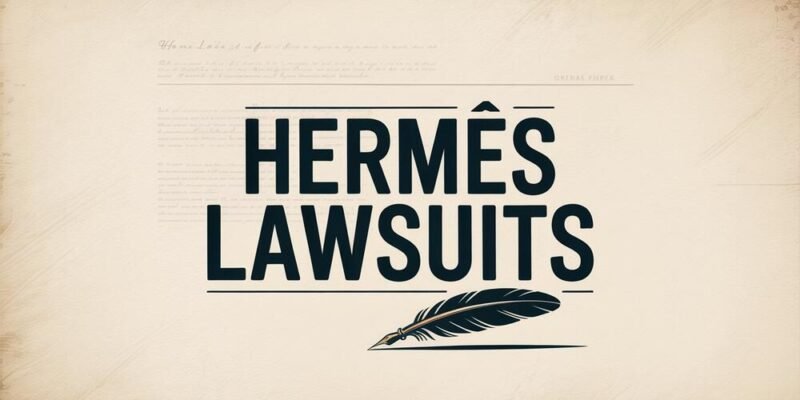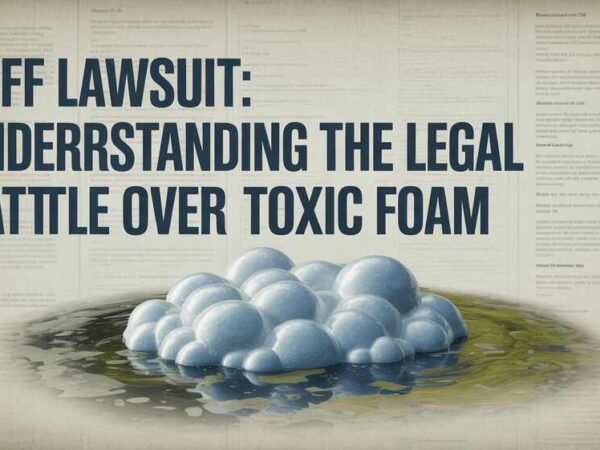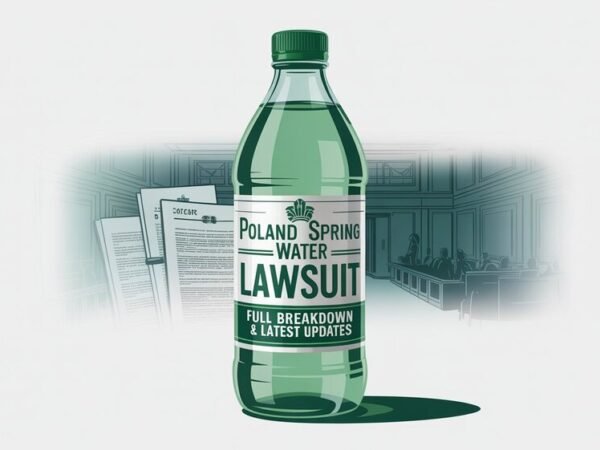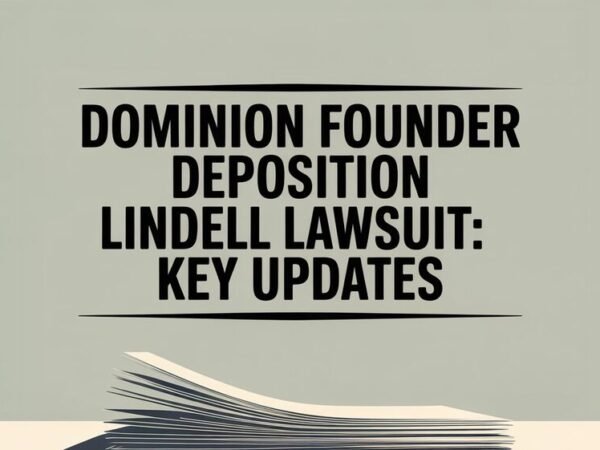Introduction
The term hermes lawsuit has become increasingly prevalent in headlines as the storied French luxury house is entangled in high-stakes legal battles from 2024 into 2025. From a landmark antitrust class action in California centering on its iconic Birkin handbags to a precedent-setting trademark dispute over “MetaBirkin” NFTs, and a multibillion-dollar share-transfer fight involving a prominent Hermès heir, these cases collectively underscore the diverse legal and reputational challenges facing one of the world’s most exclusive brands. While Hermès has staunchly defended its practices—characterizing many allegations as “far-fetched” or barring frivolous claims—the outcomes of these suits could reshape luxury-market norms around scarcity marketing, intellectual property in the digital age, and the governance of family-controlled enterprises.
Birkin Bag Antitrust Class Action in California
In March 2024, Hermès was hit with a proposed class action in the U.S. District Court for the Northern District of California alleging that the company’s sales practices unlawfully restrict access to its legendary Birkin handbags. Plaintiffs Tina Cavalleri and Mark Glinoga claim Hermès conditions the purchase of a Birkin on having a “sufficient purchase history,” effectively forcing customers to spend thousands of dollars on ancillary products like scarves, shoes, and belts before gaining entry to its private wait-list system. According to the lawsuit, this “tying” arrangement violates federal antitrust and California’s consumer-protection laws by unfairly stifling competition and inflating prices across Hermès’ broader product portfolio.
Hermès quickly moved to dismiss the case in May 2024, labeling the plaintiffs’ theory “far-fetched” and arguing they failed to demonstrate any relevant product market or evidence of monopoly power necessary under antitrust jurisprudence. The company enlisted antitrust specialists from Latham & Watkins to lead its defense, underscoring how seriously it takes the potential business implications should the court certify the class and find liability. Observers note that a successful class certification could open the floodgates to similar challenges against other luxury brands that rely on strict purchase-history requirements to maintain exclusivity.
MetaBirkin NFT Trademark War
Parallel to its retail litigation, Hermès has waged a groundbreaking trademark battle in the digital realm against artist Mason Rothschild over his “MetaBirkin” non-fungible tokens (NFTs). In June 2023, a Manhattan federal jury found Rothschild liable for trademark infringement and dilution, awarding Hermès $133,000 in damages for his unauthorised use of the Birkin silhouette in his NFT series. Rothschild appealed, and on October 23, 2024, a three-judge panel of the Second Circuit heard oral arguments weighing the application of the First Amendment’s Rogers test—balancing expressive rights against trademark protection—in the context of blockchain art.
During the hearing, Judge Pierre Leval expressed concern that an overly broad ruling could chill artistic expression involving famous brands. At the same time, Rothschild’s counsel stressed the NFTs were a transformative commentary on consumerism and luxury culture. Hermès, conversely, argued that Rothschild’s digital tokens functioned as a deceptive branding scheme aimed at profiting from Birkin’s aura without authorization. The Second Circuit’s eventual decision, expected in mid-2025, will be a bellwether for how traditional trademark law applies to emerging digital-asset markets, with implications far beyond Hermès’ legal budget.
Nicolas Puech Share Dispute
In April 2025, another Hermes lawsuit emerged in Washington, D.C., as Honor America Capital LLC sued Nicolas Puech—an heir to the Hermès fortune—seeking over $1.3 billion in damages for allegedly breaching an agreement to transfer approximately six million shares of Hermès International SCA, then valued at €14 billion to €16 billion. The suit alleges that Puech reneged on a deal facilitated by Sheikh Tamim bin Hamad Al Thani of Qatar and orchestrated by private-equity backers, leaving Honor America Capital out of pocket.
Meanwhile, Puech has pursued parallel actions in Swiss and French courts, framing the dispute as a contractual disagreement over wealth-management practices rather than a breach of share-sale obligations. This transnational litigation creates a complex interplay of jurisdictional questions—from Geneva probate proceedings to D.C. filings—highlighting family—controlled luxury conglomerates’ opaque mechanics. A ruling against Puech could trigger a seismic shift in Hermès’ ownership structure, potentially diluting the control of its founding descendants and compelling greater transparency in its capital governance.
Broader Legal Battles: Other Claims and Enforcement
Beyond these marquee suits, Hermès faces a tapestry of more minor but strategically significant claims. Current and former employees in California have threatened or filed wage-and-hour class actions, asserting unpaid overtime and improper break deductions in stores nationwide. Although these suits command lower headlines, they underscore labor-law exposures within Hermès’ retail network. Additionally, the brand continues to pursue counterfeit goods litigation worldwide, leveraging traditional court actions and partnerships with e-commerce platforms to secure default judgments and takedowns against unauthorized sellers. This practice has netted damages awards exceeding $100 million in past years.
Some consumer-rights groups have also accused Hermès of discriminatory sales practices, alleging that wealth and racial profiling influence which clients are deemed “worthy” of Birkin appointments. While no formal class certification has yet emerged on these grounds, the complaints amplify reputational risks. They could spur regulators to examine whether exclusive luxury sales models run afoul of civil rights statutes.
What’s Next for Hermès
As Hermès heads into its 2025 shareholder meetings and quarterly reporting cycles, the spotlight on its legal contingencies will intensify. Key milestones include the Northern District of California’s ruling on class certification for the Birkin antitrust suit—expected later in 2025—and the Second Circuit’s decision on the MetaBirkin appeal, which could redefine trademark enforcement in the NFT space. Meanwhile, the D.C. federal court’s handling of the Nicolas Puech share dispute will inform whether family-run luxury empires can continue to leverage discrete share-transfer agreements without public accountability.
These hermes lawsuit developments carry layered implications for investors, analysts, and luxury goods aficionados. A defeat in California could force Hermès to recalibrate its VIP-only distribution model, potentially diluting the scarcity that drives secondary-market premiums. An adverse ruling in the NFT appeal could embolden digital artists while constraining brand owners’ rights online. And a twist in the Puech saga might open Hermès’ governance to new capital partners or require a reshuffle of family-trust arrangements.
Conclusion
The high-profile lawsuits confronting Hermès through 2024 and into 2025 illustrate the complex legal terrain navigated by global luxury brands today. Whether challenging deeply entrenched sales customs, pioneering digital-asset jurisprudence, or safeguarding family-controlled ownership, Hermès’ courtroom battles resonate far beyond its silk scarves and leather goods, stakeholders—from shareholders to boutique shoppers—would monitor these cases closely: their outcomes promise to reshape the mechanics of brand exclusivity, the contours of IP protection in the metaverse, and the inner workings of one of the world’s most revered fashion houses. As this saga unfolds, hermes lawsuit will remain a watchword for the evolving intersection of luxury, law, and digital innovation.
Do Read: Prime Energy Drink Lawsuit 2025 – Health Concerns, Legal Battles & Industry Fallout













